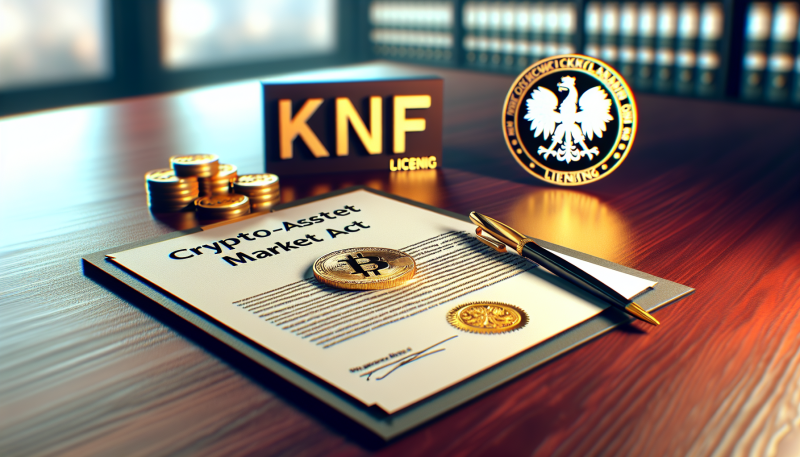What happened?
Poland’s Sejm approved the government-backed Crypto-Asset Market Act (Bill 1424) to align national rules with the EU’s MiCA and sent the bill to the Senate. The law names the Polish Financial Supervision Authority (KNF) as the primary crypto regulator and requires all crypto-asset service providers, domestic and foreign, to obtain a KNF license. It also sets strict capital, compliance and AML requirements, a six-month transition period, and penalties up to 10 million zlotys or two years in prison.
Who does this affect?
The rules impact an estimated three million Polish crypto users as well as exchanges, issuers, custodians and other crypto-asset service providers operating in or serving Poland. Startups and foreign platforms will face licensing, capital and compliance burdens that critics say could push them to relocate to friendlier jurisdictions. Retail investors, employees and the broader crypto ecosystem in Poland could see reduced access, slower onboarding and potential job and investment losses if firms exit.
Why does this matter?
From a market perspective, the law could bring legitimacy and investor protection by imposing EU-aligned oversight, which might attract conservative institutional capital. At the same time, heavy compliance costs, long KNF licensing delays and steep penalties risk driving exchanges and startups abroad, reducing local liquidity and innovation. The likely result is a short-term drop in trading volumes, talent and investment in Poland with uncertain long-term effects depending on Senate review, the president’s stance and how the rules are implemented.
